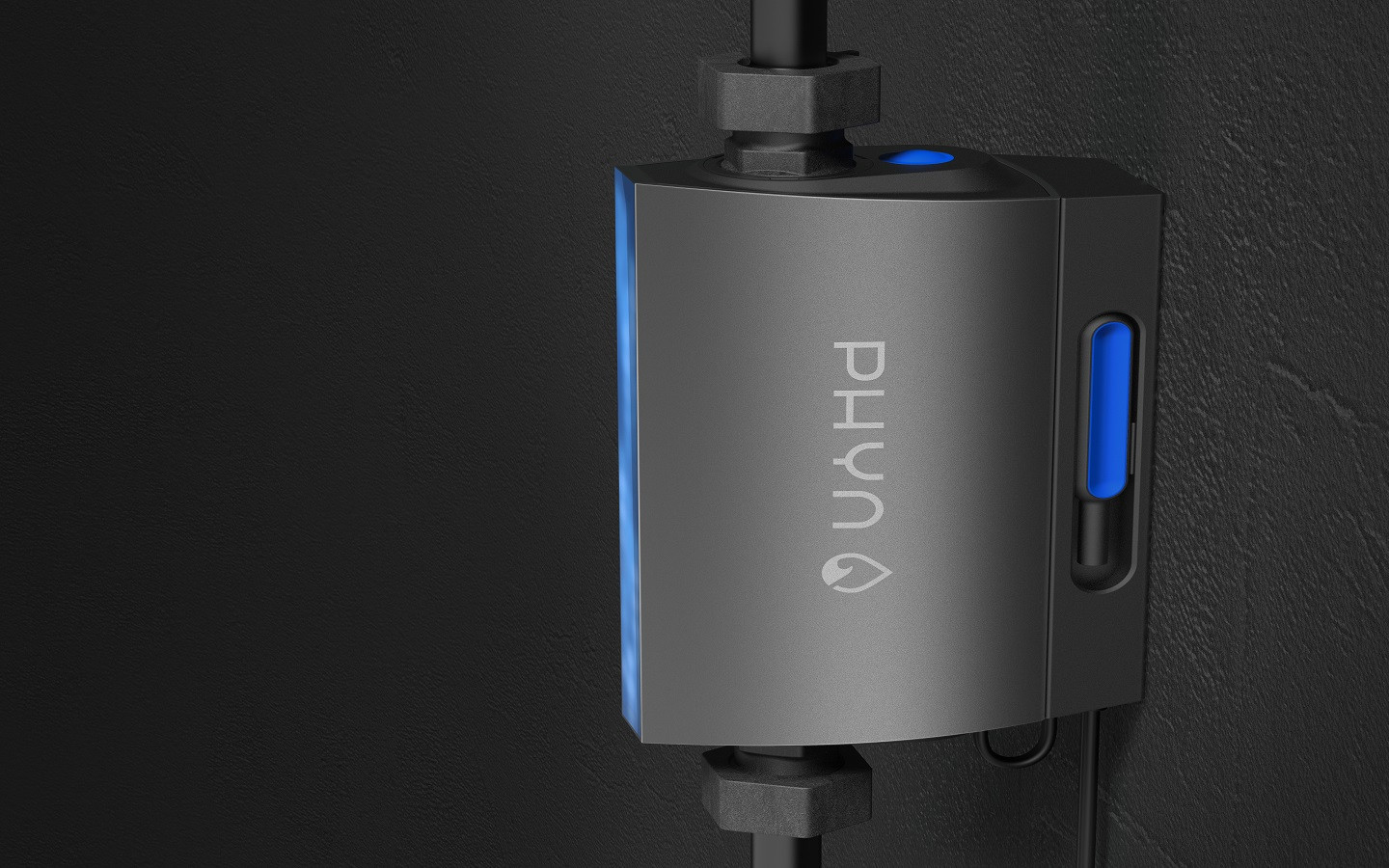This article was published as a part of the Data Science Blogathon.
Source: artificialintelligence.oodles.io
Introduction
Water management is the management of the water resources available on earth. We must have occasionally observed government officials putting forth systems and regulations that deal with water for various purposes, including industrial, agricultural, and sanitation. But have you ever wondered why this is so crucial? Water is a renewable resource, but only when it’s managed properly; if it is not managed well, the world faces the consequences. Additionally, there is a disparity in the world’s water resources distribution. This article will explore how the following five startups utilise IoT and AI to help with water management and conservation.
IoT and AI Startups
1) Drizzlex: Acute seasonal water shortages, natural calamities such as droughts and floods, Overuse and wastage of water, increased human consumption, and a global rise in freshwater demand have brought a shift in perspective about water as a free resource. Additionally, water wasted from leaking pipes further exacerbates the problem of accounting for water in commercial and residential buildings and industrial water consumption and discharge. Smart water meters leverage the internet of things (IoT) sensors to identify leaks and notify users about them accurately.
Israeli startup DrizzleX offers smart water metering solutions for residential buildings that lack individual apartment meters. First, the smart water sensors (FlowDx) gather data about individual water consumption and then send it to a cloud platform. In hindsight, these sensors use artificial intelligence (AI) algorithms to detect water misuse and leaks. Later, once the app offered by the startup is up and running, individual consumers and property managers can manage their water resources and flow, which enables remarkable reductions in water bills and property expenses.

Source: drizzlex
2) SCUBIC – AI-Powered Water Supply Management: The growing proliferating usage of IoT sensors in conjunction with running machine learning algorithms on the data gathered from various resources has impacted numerous sectors. Industrial companies and utility providers, who already gather a wealth of data points across various industrial processes, require water at various manufacturing or energy generation stages. AI-based decision-making tools aid companies in cost reduction, resource optimization, and water storage.
Portuguese startup SCUBIC establishes digital platforms for the smart management of water supply networks. By integrating with water utility data systems like smart sensors, supervisory control and data acquisition (SCADA), telemetry, and geographic information systems (GIS), SCUBIC’s software-as-a-service (SaaS) platform centralizes all operation data on a single platform. Using AI algorithms, digital twin technology, meteorology, and energy data, the startup assists with future water demand forecasting and process optimization by identifying patterns in water consumption.
Watch more here| https://scubic.tech/en/scubic-the-future-of-water-management/
3) Phyn – Smart Water Leak Detector: Water losses caused by pipe leakage and fittings issues exacerbate unnecessary water shortages over the long term. Unfortunately, a lot of these leakages go unnoticed for a long time. This further interrupts the water supply by damaging pipes. In some instances, pipes may experience too much pressure and burst under difficult circumstances. Startups are developing various innovative solutions to assist water consumers in better managing and addressing the causes of water waste.
The US-based startup Phyn is devising an eponymous smart water leakage detection and fixture-level monitoring solution. Phyn’s patented leakage detection technology leverages high-definition ultrasonic sensors to take pressure samples in plumbing systems 240 times per second. This results in a thorough view of the distinctive signatures of each fixture in the plumbing. Gradually, Phyn learns from these fixture profiles and activates an auto-shutoff feature to cease water flow in case of a leak.

Source: gp-award
4) HydroIQ – Virtual Water Network Operator (VWNO): In response to growing global concerns regarding water inequality and its effects on people’s daily lives, startups and big corporations must develop data-driven solutions. Water distribution is a key element of the water supply network (WSN); presently, its related decision-making is often ignorant of real-world conditions. Computer-aided designs and advanced simulation tools can enable water utility providers to identify weaknesses in the supply network.
Kenyan startup HydroIQ leverages advanced data analytics, predictive and preventive maintenance, and connected IoT devices to virtualize physical water infrastructure. HydroIQ SmartGrid incorporates metering, pressure, level, and quality monitoring, for property managers, utilities, households, and water suppliers. The startup also uses various sensors in a virtual platform for industrial and commercial entities to track trends in water consumption. Moreover, it also offers real-time data analytics-based reports to meet various regulatory and sustainability requirements.

Source: hydroiq
5) Smart Water Management Platform (SWAMP): Being such a crucial resource for all living things on our planet, water shortages due to climatic or human-induced events disproportionately impact some industries. The water-related challenges the agriculture sector faces are caused due to various factors ranging from mismanagement to a lack of water availability. Emerging AgriTech companies are working to develop comprehensive IoT-based solutions to incorporate precision farming techniques.
Brazillian startup SWAMP provides an IoT-based smart precision irrigation solution. The startup utilizes a variety of channels, such as pipes and canals, to manage water distribution from its source. The main idea is to optimize irrigation, water distribution, and consumption based on the analysis of data gathered from all aspects of the system, including the natural water cycle and the cumulated knowledge related to growing certain plants. At the farm level, SWAMP’s precision irrigation system also enables real-time water consumption monitoring. This proposed solution mitigates the wastage of water emerging from irrigation while providing crops with the best possible growing environment. Currently, SWAMP is testing several irrigation projects in Italy, Spain, and Brazil.
Source: swamp
Conclusion
To sum it up, in this article, we explored five startups, and the key takeaways from this article are as follows:
1. DrizzleX: Israel-based startup DrizzleX offers smart water metering solutions for residential buildings that lack individual apartment meters. The app offered by the startup allows individual consumers and property managers can manage their water resources and flow.
2. SCUBIC: Portuguese startup SCUBIC establishes digital platforms for the smart management of water supply networks. Integrating water utility data systems like smart sensors, SCADA, telemetry, and GIS, the SaaS platform centralizes all operation data on a single platform. The startup uses AI algorithms to assist with future water demand forecasting and process optimization.
3. Phyn: The US-based startup Phyn is devising an eponymous smart water leakage detection and fixture-level monitoring solution. Phyn’s leakage detection technology leverages high-definition ultrasonic sensors for taking pressure samples in plumbing systems. Gradually, Phyn learns from these fixture profiles and activates an auto-shutoff feature to cease water flow in case of a leak.
4. HydroIQ: Kenyan startup HydroIQ leverages advanced data analytics, predictive and preventive maintenance, and connected IoT devices to virtualize physical water infrastructure. Moreover, it also offers real-time data analytics-based reports to meet various regulatory and sustainability requirements.
5. Smart Water Management Platform (SWAMP): Brazillian startup SWAMP provides an IoT-based smart precision irrigation solution. The main idea is to optimize irrigation, water distribution, and consumption based on the analysis of data gathered from all aspects of the system, including the natural water cycle and the cumulated knowledge related to growing certain plants.
The media shown in this article is not owned by Analytics Vidhya and is used at the Author’s discretion.







